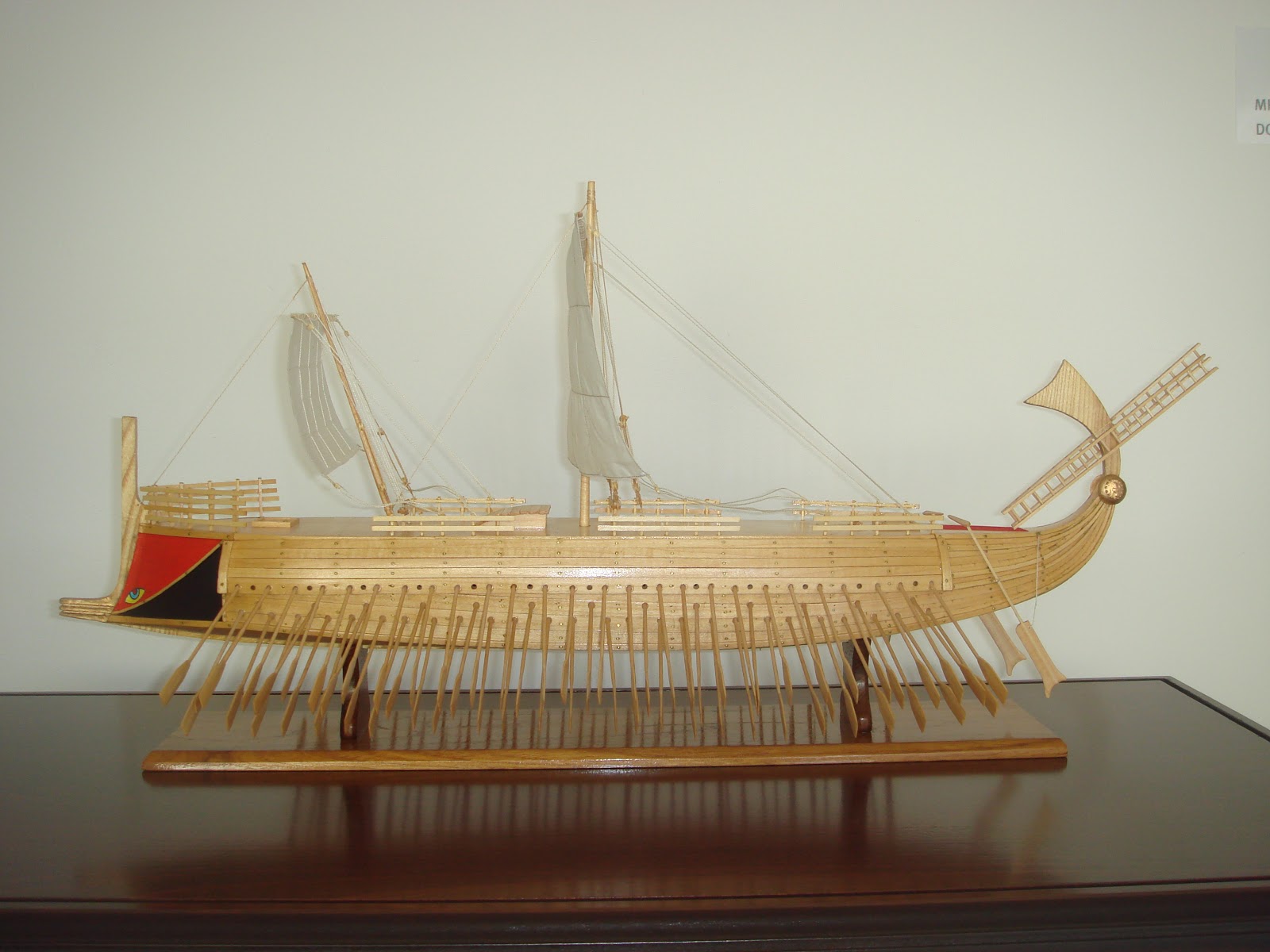Ionia - Miletus
Miletus (Ancient Greek: Μίλητος, Milētos; Latin: Miletus) was an ancient Greek city on the western coast of Anatolia (in what is now Aydin Province, Turkey), near the mouth of the Maeander River in ancient Caria. Before the Persian invasion in the middle of the 6th century BC, Miletus was considered the greatest and wealthiest of Greek cities.
The Late Bronze Age, 13th century BCE, saw the arrival of Luwian language speakers from south central Anatolia calling themselves the Carians. Later in that century the first Greeks arrived. The city at that time rebelled against the Hittite Empire. After the fall of that empire the city was destroyed in the 12th century BCE and starting about 1000 BCE was resettled extensively by the Ionian Greeks. Legend offers an Ionian foundation event sponsored by a founder named Neleus from the Peloponnesus.
The Greek Dark Ages were a time of Ionian settlement and consolidation in an alliance called the Ionian League. The Archaic Period of Greece began with a sudden and brilliant flash of art and philosophy on the coast of Anatolia. In the 6th century BC, Miletus was the site of origin of the Greek philosophical (and scientific) tradition, when Thales, followed by Anaximander and Anaximines (known collectively, to modern scholars, as the Milesian School) began to speculate about the material constitution of the world, and to propose speculative naturalistic (as opposed to traditional, supernatural) explanations for various natural phenomena.
The city of Miletus became one of the twelve Ionian cities of Asia Minor.
Miletus was one of the cities involved in the Lelantine War of the 8th century BCE.
In the late 7th century BCE the tyrant Thrasybulus preserved the independence of Miletus during a 12 year war fought against the Lydian Empire. Thrasybulus was an ally of the famous Corinthian tyrant Periander.
Miletus was an important center of philosophy and science, producing such men as Thales, Anaximander and Anaximenes.
By the 6th century BCE, Miletus had earned a maritime empire with many colonies, but brushed up against powerful Lydia at home, and the tyrant Polycrates of its neighbour to the west, Samos.
When Cyrus of Persia defeated Croesus of Lydia in the middle of the 6th century BCE, Miletus fell under Persian rule. In 499 BC, Miletus's tyrant Aristagoras became the leader of the Ionian Revolt against the Persians. Persia quashed this rebellion and punished Miletus in such a fashion that the whole of Greece mourned it. A year afterward, Phrynicus produced the tragedy The Capture of Miletus in Athens. The Athenians fined him for reminding them of their loss.
















Δεν υπάρχουν σχόλια:
Δημοσίευση σχολίου